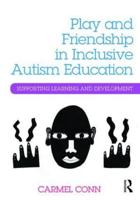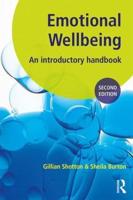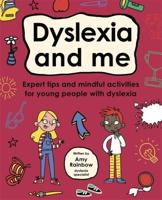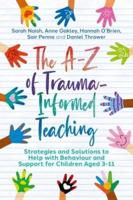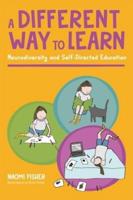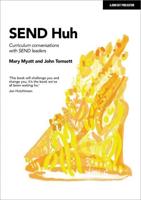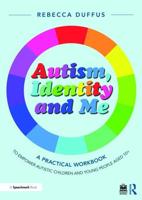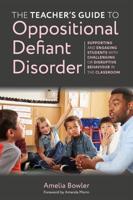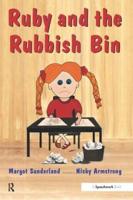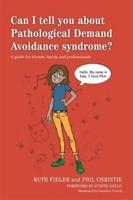Publisher's Synopsis
Written by teachers and teacher educators, this book presents practice-focused ideas and provocative questions to help teachers plan for inclusive curriculum and assessment within key learning areas in school education.
Providing content on specific disciplines including geography, history, mathematics, science, English, and the Arts, this book supports teachers with hands-on examples for creating inclusive assessment practices in schools. There are additional sections on interdisciplinary perspectives delivering practical strategies for assessing students who use English as an additional language, being inclusive in relation to gender and sexual diversity, using a variety of technologies to promote inclusivity, and applying inclusive assessment in rural, regional, and remote contexts. Each chapter is designed around problems encountered by teachers, practical responses, and recommendations for practice. The authors address Australian Indigenous perspectives, gender and diversity, rural and remote school systems, and translanguaging for multicultural contexts.
Engaging and easy to read, this book is essential reading for pre- and in-service teachers seeking to make an impactful contribution to inclusive education in their classrooms.


